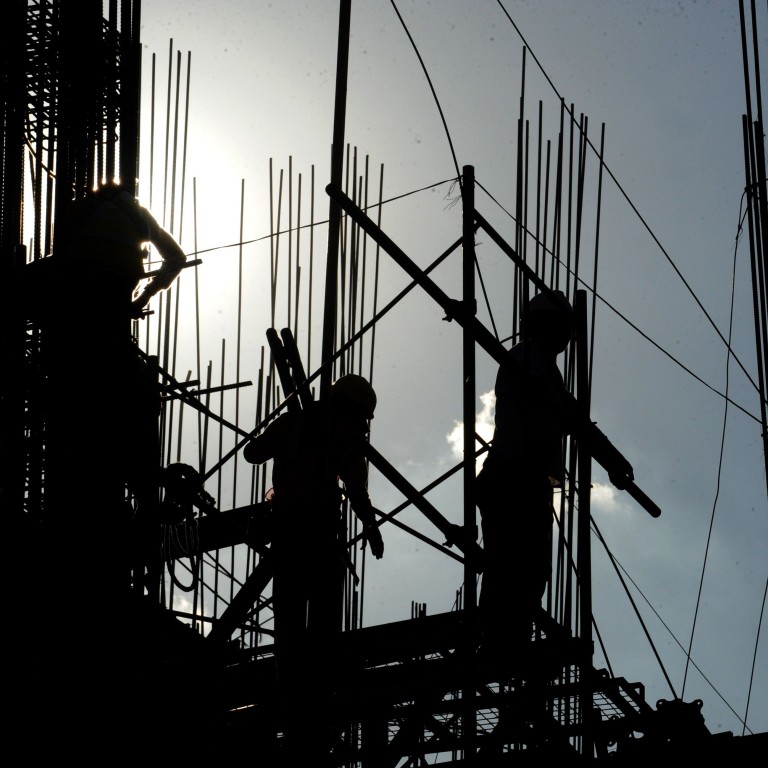
China economic growth to slow with investments, says ADB
The mainland's economic expansion may cool to 7.5 per cent this year as investment growth slows, but the yuan may still rise in the medium to long term, says the Asian Development Bank.
The mainland's economic expansion may cool to 7.5 per cent this year as investment growth slows, but the yuan may still rise in the medium to long term, says the Asian Development Bank.

Growth in the world's second-largest economy was likely to ease to 7.5 per cent this year, in line with the official target, and 7.4 per cent next year, slowing from 7.7 per cent last year, the bank said.
Jurgen Conrad, the head of the economics unit at ADB, however, said he believed the yuan's recent downward trend would not last long.
The yuan fell 2.7 per cent in the first quarter, reversing a 2.9 per cent gain last year.
The People's Bank of China doubled the daily trading band for the yuan against the US dollar last month to make the currency more flexible. It also warned investors against betting on one-way appreciation.
"The long-term factors are quite straightforward," he told a press briefing in Beijing.
He cited factors including the mainland's rising productivity, a sizeable current account surplus that is about 2 per cent of gross domestic product and continued capital inflows through foreign direct investments.
Despite the anticipated slowdown in investments, ADB economists said the property market did not appear to be overheating and investment in the sector would continue to underpin economic growth.
"Monetary policy needs to strike a balance between mitigating risks in the financial and property sectors that stem from high past credit growth and supporting sustainable economic growth," the ADB's report said.
Following the weak economic data for the first two months, researchers widely expect Beijing to roll out policies to bolster growth.
Premier Li Keqiang last week warned about "downward pressure" on the economy and pledged to take initiatives to cope with the slowdown with steps including quicker construction of infrastructure facilities in the central and western regions and building more affordable housing.
However, a commentary published this week in the , a newspaper run by the PBOC, played down cutting banks' reserve requirement ratio as a policy tool, saying its effect of spurring growth might be short-lived.
The ADB said the central bank should "find the right balance" between reining in credit growth and boosting the economy.
Slowing credit growth "too rapidly" might impose additional stress on businesses while failing to control the pace of credit expansion could worsen asset quality, it said.


